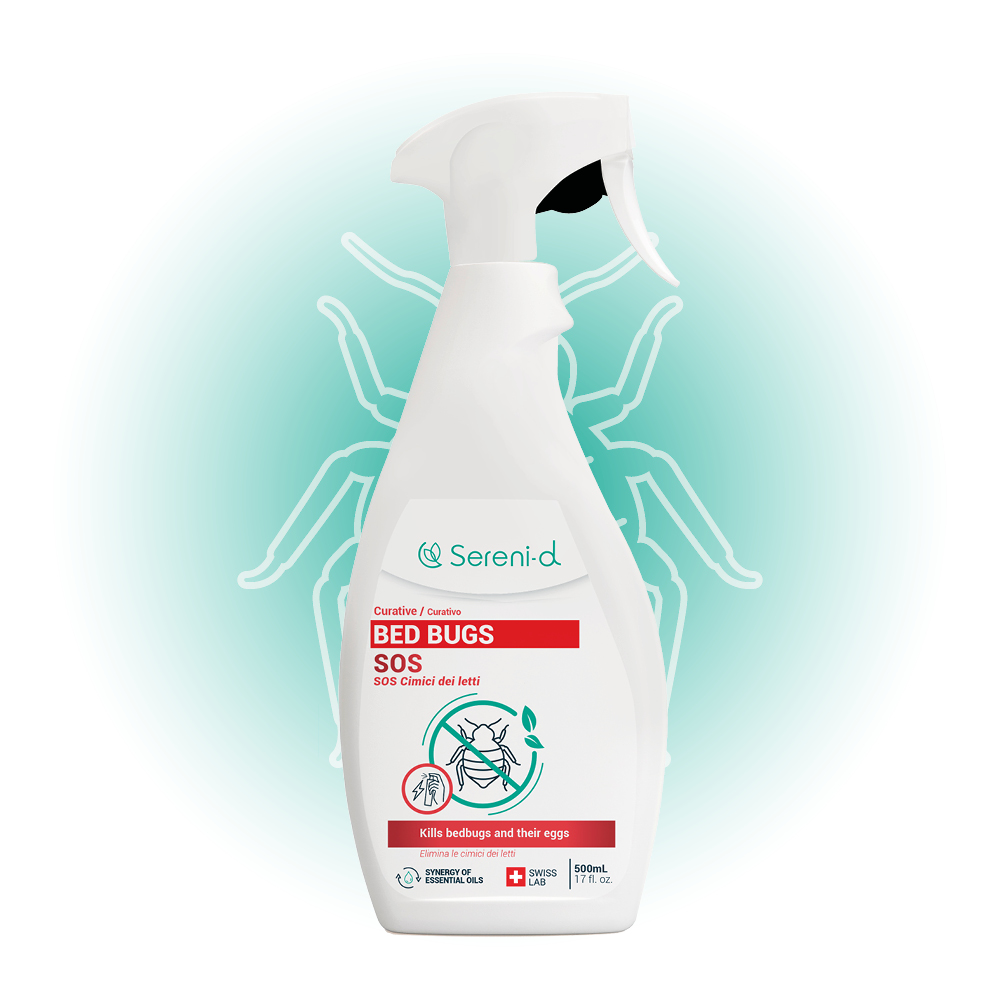Diogenes syndrome is a behavioral disorder manifested by severe neglect of personal hygiene and the living environment, as well as a tendency to compulsively accumulate objects or garbage. This situation of extreme disorder creates a breeding ground for parasites, including bed bugs, making infestation difficult to manage. This article explores the links between Diogenes Syndrome and bed bug infestation, as well as best practices for dealing with this complex problem.
Understanding Diogenes Syndrome
People with Diogenes syndrome often live in unhealthy conditions due toexcessive accumulation of objects and refusal of outside help. This syndrome can be associated with various mental disorders such as depression, anxiety, or even obsessive-compulsive disorder (OCD). These individuals severely neglect their domestic environment, fostering a perfect habitat for bed bugs.
Characteristics of the syndrome :
- Severe self-neglect: Lack of personal hygiene and total neglect of the home.
- Compulsive hoarders: Accumulation of waste and useless objects that clutter up the space.
- Refusal of outside help: sufferers are often reluctant to ask for or accept help.
Bed bugs and the unsanitary environment
Bed bugs thrive particularly well in cluttered environments. They hide easily in dark places such as wall cracks, mattress seams, furniture and piles of objects accumulated by people with Diogenes syndrome. These hematophagous parasites feed at night on the blood of their hosts, causing significant itching and discomfort.
Theclutter caused by Diogenes syndrome also makes following a pest control protocol and eradicating bed bugs much more difficult, as the multitude of objects and garbage creates numerous nooks and crannies where the insects can hide. Limited access to rooms or reluctance to have professionals intervene also complicates disinfestation efforts.
How to manage bed bugs in the context of Diogenes Syndrome?
- Multidisciplinary approach: Managing a bed bug infestation in a person with Diogenes syndrome requires the involvement of a multidisciplinary team including mental health professionals, social workers and disinfection experts. Emotional and psychological support is essential to get the person to accept the necessary help.
- Sanitation and Disinfection: Specialized pest control companies play a key role in managing infestations in extremely messy conditions. They use mechanical and chemical techniques to eliminate bed bugs, while taking into account the complexity of the environment.
- Awareness and Education: Family members and caregivers need to educate at-risk individuals about preventing bed bug infestations, including maintaining basic hygiene and promptly treating any infestation.
- Long-term prevention: Once an infestation has been treated, it is important to maintain ongoing preventive measures to avoid reinfestation. This may include the use of bed bugs with mattress covers, regular cleaning, and therapeutic support to treat the compulsive aspects of Diogenes syndrome.
Conclusion
Bed bugs and Diogenes syndrome form a formidable combination, worsening the already precarious living conditions of people with this disorder. Coordinated intervention between mental health and pest control experts is needed to manage these situations effectively. Professional help, combined with awareness-raising and ongoing monitoring, can not only combat infestation, but also improve the quality of life of those concerned.

